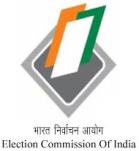
Election Commission of India (ECI) hosted an International Seminar on “Leveraging Technology for Transparent and Credible Elections”. The Seminar was organized for Members of the Executive Board of Association of World Election Bodies (A-WEB), and the Oversight & Audit Committee of A-WEB, who were in New Delhi to take part in the 4th Executive Board meeting of the organization. Chief Election Commissioner, Dr. Nasim Zaidi, and Election Commissioners, Mr. A.K. Joti and Mr. O.P. Rawat graced the event. Senior officers of Election Commission of India also attended the seminar.
Welcoming the delegates on behalf of the Election Commission of India, Mr. Umesh Sinha, Deputy Election Commissioner outlined the format of the Seminar, comprising of a Lead Presentation by India and country presentations by delegations from other Election Management Bodies (EMBs) participating in the Seminar. Commissioner Ms. Rosario Graciano de los Santos from Dominican Republic profusely thanked Election Commission of India for taking the initiative to organize a Seminar on such a relevant and topical theme.
In his Keynote Address, Dr. Nasim Zaidi stated that the 11 countries participating in the Seminar have a population of over 1.7 billion, which means that the delegates present represented over one fifth of humanity. If one were to go by another figure, which gives the population of democratic countries as 4.4 billion, then this gathering would represent a staggering 40% of the democratic world, he added. He stated that this Seminar is an attempt to learn, brainstorm and improve electoral processes by adopting best practices elsewhere and sharing one’s own. He referred to special Information Communication and Technology (ICT) initiatives such as the single window National Voter Services Portal launched in 2015, which provides multiple voter centric services, development of safe and appropriate technology for providing electronic Postal Ballot facility to Overseas Indian Voters and the gradually increasing use of Voters Verifiable Paper Audit Trail (VVPAT), He also stated that ECI has been working on an E-Governance vision 2020 to provide inclusive, integrated single window view of services to all stakeholders in all phases of the electoral cycle.
Apart from the lead presentation from India by Mr. Sandeep Saxena, Deputy Election Commissioner, country presentations were also made by Albania, Brazil, Burkina Faso, Dominican Republic, Kenya, Kyrgyz Republic, Romania, Republic of Korea, South Africa and Bosnia & Herzegovina. The country presentations summarized use of different technologies by each individual country in the areas of voter registration, including biometric registration and identification systems, Data transmission, Voting and Counting, transparency and security.
Mr. Sudeep Jain, Director General, ECI summed up the proceedings and outlined the innovative use of technology by each country in various aspects of the electoral cycle, the challenges faced by them and their future plans.
Mr. Kim Yong-Hi, Secretary General of Association of World Election Bodies, thanked the ECI for hosting the seminar and emphasized that the technology should be introduced gradually ensuring social acceptability and development of a good communication system.
In his concluding remarks, Dr. Nasim Zaidi thanked the delegates for sharing their country experiences and insightful contributions to the Seminar. He stated that the seminar had brought into sharp focus that the use of technology should be according to local needs, local conditions and the social environment. When applied appropriately, technology can provide accuracy, speed and efficiency in the election process but it should not be vendor-driven or introduced as a show- piece. Introduction of technology should go hand in hand with building trust and confidence of voters and in continuous consultation with all stakeholders in the electoral process. Technology should be tested, validated over a period of time and introduced after pilot projects are successfully implemented. He suggested that AWEB should document best practices in use of technology and promote international cooperation through experience sharing and capacity building.



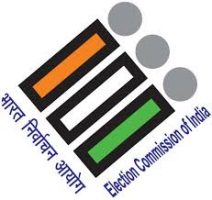
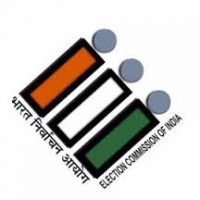
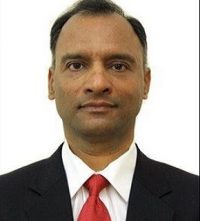
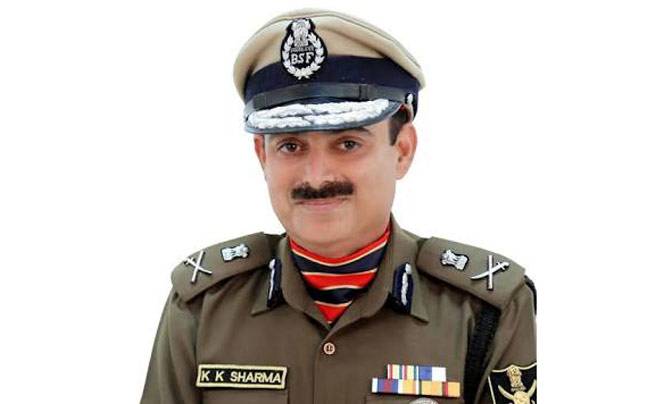
Leave a Reply
You must be logged in to post a comment.